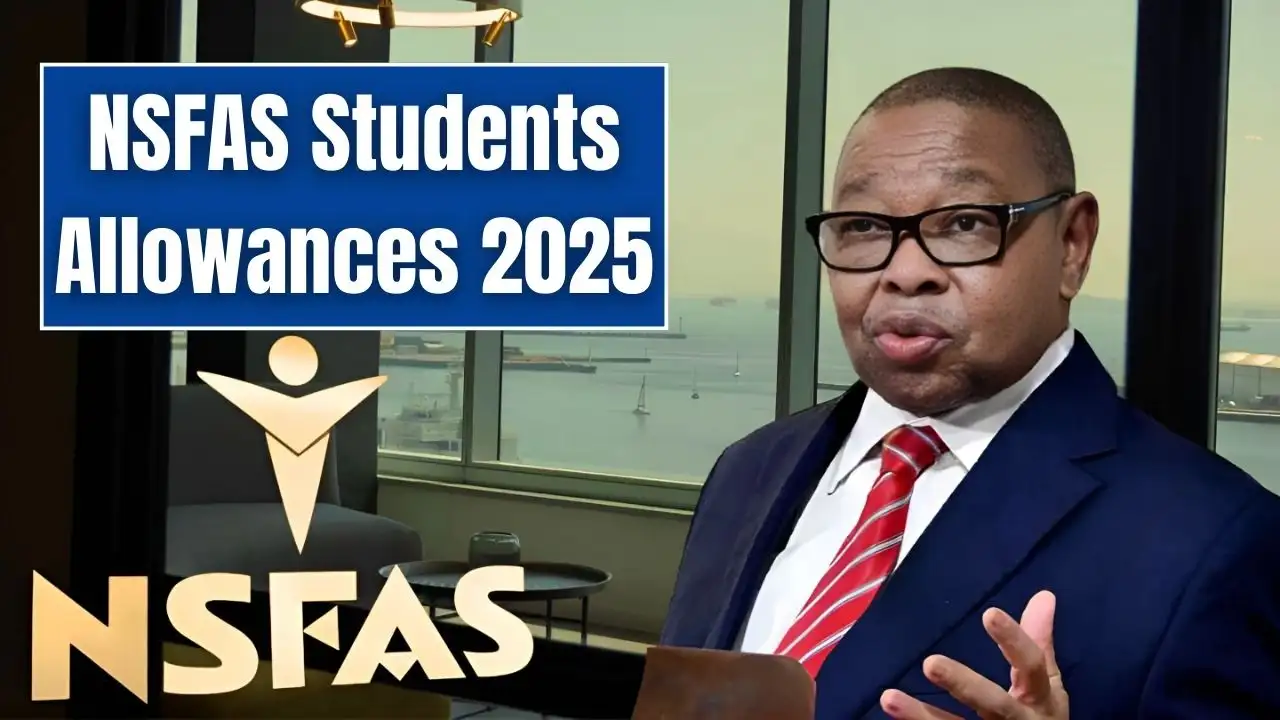The National Student Financial Aid Scheme (NSFAS) is essential for the educational support system in South Africa. For the academic year 2025, NSFAS has confirmed a few key updates regarding the allowances structure, which are aimed at assisting students with their pressing expenses such as room and board, food, and materials for study.
The amendments make an effort to reflect on the struggles with the rising cost of living and the resolve of government to open space for access into higher education.
What’s New in 2025 Regarding NSFAS Allowances?
In the months ahead, there have been slight amendments made to the allowance amounts for university as well as TVET college students. Those students living in university-managed accommodation continue to have their accommodation costs paid by NSFAS.
In the case of private and off-campus accommodation, a fixed amount is paid according to the area and the agreement within their institutions. Slight amounts are added to the living allowances to ensure that the students are supported with money for meals and daily expenses.
Eligibility Requirements for 2025
In 2025, these allowances will be available to South African citizens in approved public universities and TVET colleges if they have met the financial eligibility threshold, which is currently set at a combined household income of no more than R350,000 per year.
Disabled students may qualify at the upper threshold of R600,000. First applicants need to apply online and submit the supporting documents, while continuing students are expected to keep up with good academic progress and to stay funded.
How and When Payments Will Be Made
Funds are disbursed by NSFAS monthly, through an NSFAS bank account system. Students are urged to activate their bank accounts and avoid delayed receipt of funds. Payments usually commence at the beginning of the academic year, after registration is completed and further confirmation from institutions.
The exact dates of payment vary slightly from institution to institution but generally begin in February and March. Allowances are further divided into living, transport, learning materials, and accommodation.
The final thoughts of the students
It is extremely important for therefore all funded students to keep themselves abreast and up-to-date via the NSFAS website or their institution. Maintaining a correct record, registering on time, and having valid contact details will go a long way to curtailing issues in receiving your allowances.
As the 2025 academic year approaches, NSFAS has, and is, therefore, very much a lifeline for the thousands who keep insisting on education as their right and not a privilege.




